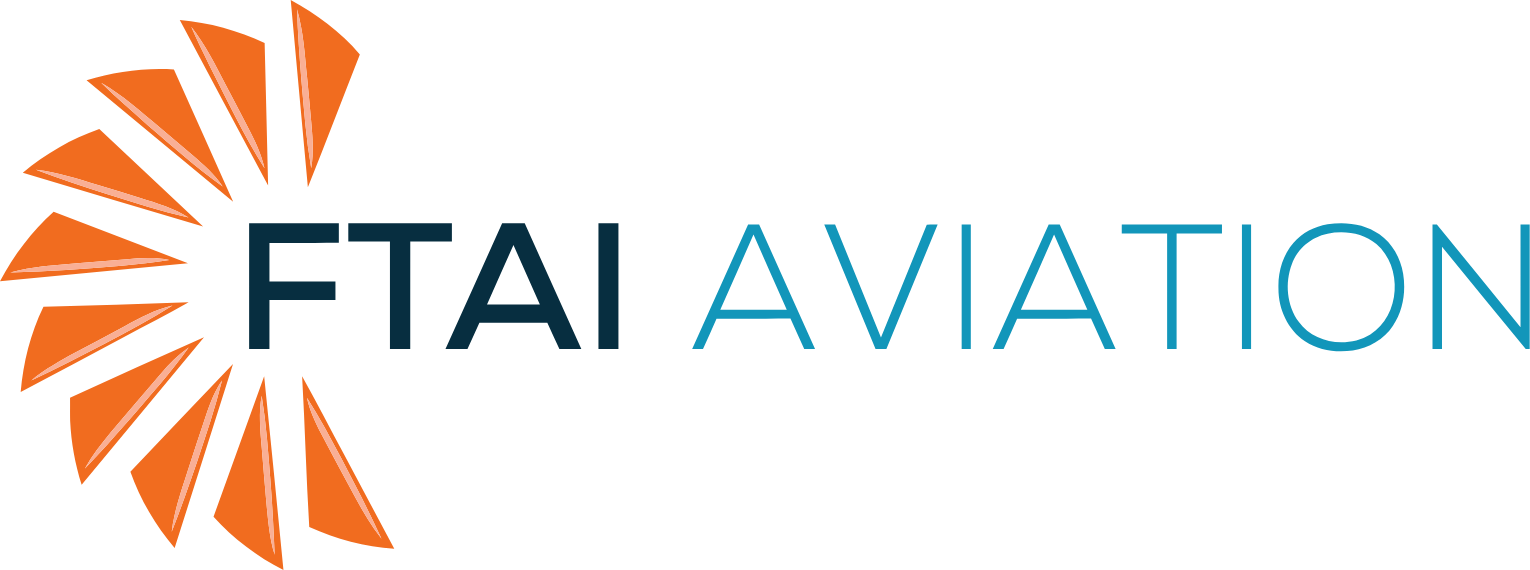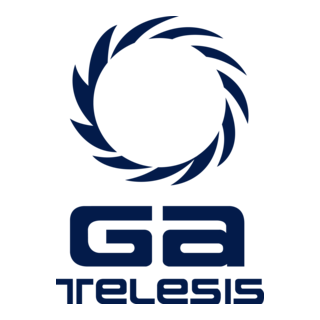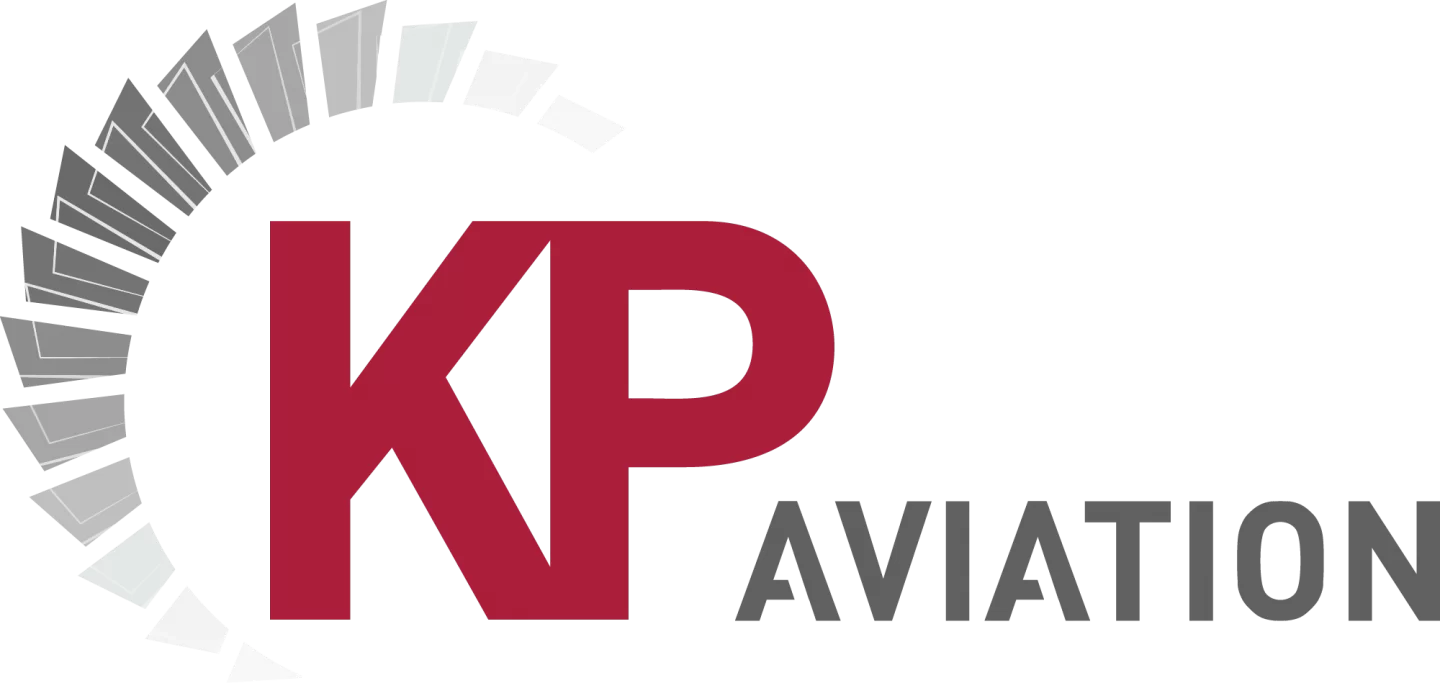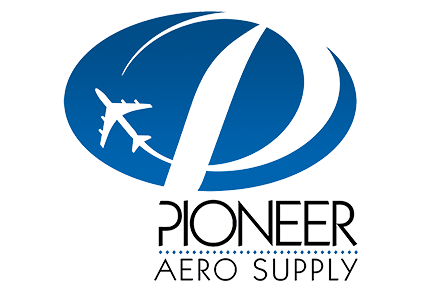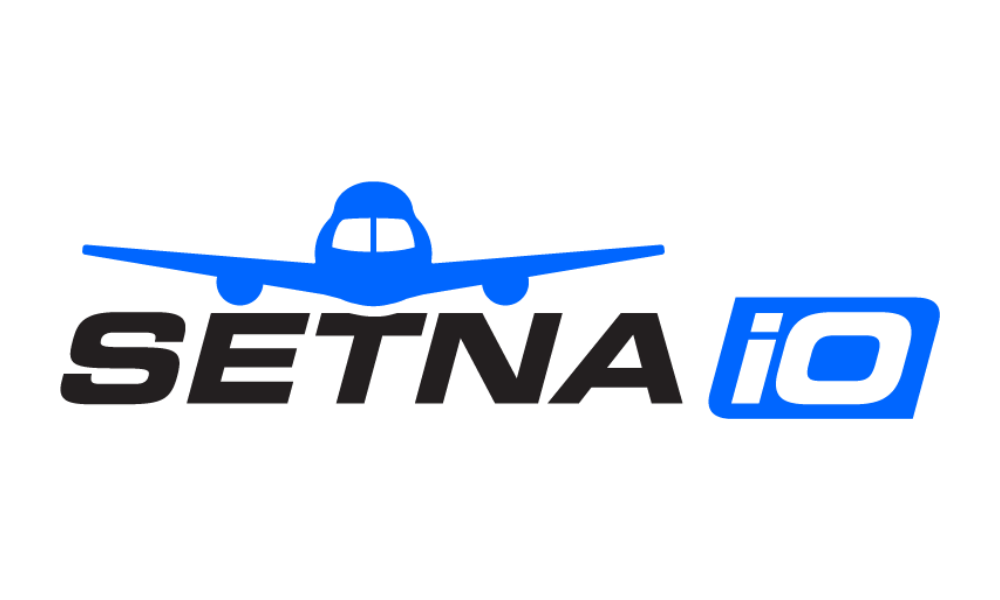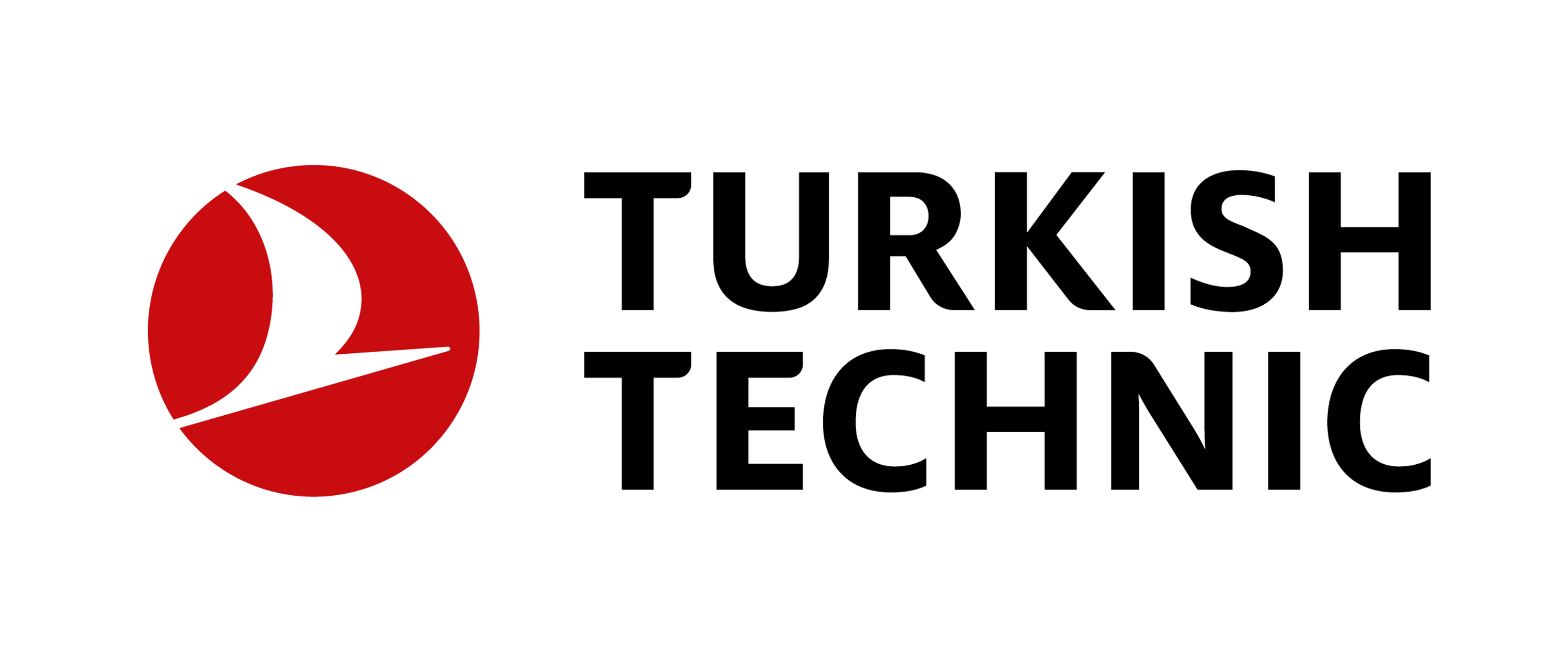MRO SmartHub is a neutral web-based platform enabling a greater transparency of the surplus aftermarket plus real-time access to fair market values (FMV) for aircraft parts.
Using MRO SmartHub, airlines, MROs, OEMs, and part traders are expected to eliminate 10-15% of their material cost through the use of the platform.
With market statistics and FMVs for over 1.5 million part numbers and a quite active platform for evaluating part-out assets, MRO SmartHub provide you with accurate and up-to-date information.
Register for MRO Smarthub
If you haven't signed up yet for IATA MRO SmartHub, you can do so here.
Login to MRO SmartHub
If you already have an MRO SmartHub account, you can login here.
Choose the right supply chain solution for your needs
MRO SmartHub simplifies the intricate landscape of aircraft maintenance, repair, and overhaul (MRO) procurement. As the industry's leading digital platform for spare parts sourcing, MRO SmartHub provides unmatched visibility into inventory availability and pricing, empowering airlines and suppliers with timely, data-driven insights. Our commitment to reliability ensures that you have access to accurate, up-to-date information on spare parts, enabling efficient decision-making for all your MRO needs. With real-time data and streamlined processes, MRO SmartHub helps you optimize your operations, reduce costs, and minimize aircraft downtime.

Optimize your inventory's value

Gain detailed aftermarket transparency
![]()
Enchance your purchasing capabilities
![]()
Reduce material costs and lead-times
Trusted by MRO industry leaders
Contact us for more information
If you have any questions about MRO Smarthub or would like to discuss how our solutions can help your business, please don't hesitate to reach out to our team of experts.
Frequently Asked Questions
Platform
What is the IATA MRO SmartHub?
IATA’s MRO SmartHub is a neutral web-based platform enabling the MRO industry to gain a greater transparency of the surplus aftermarket. It supports industry players to get real-time access to priced parts and data analytics including a proprietary fair market value (FMV) for spare parts.
How can I join the platform?
You can register for a free-of-charge account here. With this account, you have limited access to Connector and Auctioneer. Further access requires a subscription agreement. For more details, please reach out to our product team.
What are the different modules of MRO SmartHub?
MRO SmartHub consists of six modules:
- Connector – Spare parts trading on a new level: real-time access to all priced material for buyers and an innovative listing concept for suppliers.
- Evaluator – Access to comprehensive data analytics and fair market values (FMV) for parts, material lists, inventories, and companies.
- Auctioneer – Conduct sales auctions of excess inventories or reverse auctions that ask for quotes. Both auction types come with industry-wide complimentary marketing support. As bidder you can participate in all auctions free-of-charge.
- Asset Manager – Join forces with internal and external partners to consolidate demands on material for acquiring potential assets for teardown.
- Teardown Module – Simplifies the handling of teardown projects by centralizing processes for all involved parties. Including support for external partners from joint-bid projects.
- Consignment – Efficiently handle your consignment projects by getting rid of spreadsheets and regular status meetings. Full traceability, completely integrated in other modules and potentially your inventory / ERP software.
Is it possible to directly interface with our inventory / ERP software?
Yes. MRO SmartHub is designed to offer all features inside the web-based UI to everybody via an API to interface to any internal IT software to offer seamless access to all features and KPIs. If you have custom requirements, we are happy to accommodate them during the onboarding.
How can MRO SmartHub improve my supply-chain activities?
With its different modules, MRO SmartHub improves your supply-chain activities by providing necessary KPI and analytics to achieve informed decisions and by hosting priced and available material to reduce time and costs in material procurement. Additionally, by offering digital process support for innovative approaches like joint-bidding on teardown assets or reverse auctions, MRO SmartHub opens new perspective and possibilities for all players in the MRO market.
Can I use MRO SmartHub to source spare parts?
Yes, you have various options on MRO SmartHub to search and buy spare parts:
- Connector – classic trading platform with the unique difference that all listed parts are priced and available. Forget about ghost listings.
- Auctioneer – conduct time-limited sourcing auctions to selected suppliers or as a public auction with complimentary marketing from IATA.
- Asset Manager – run or participate in joint-bid projects to acquire assets for dismantling operations to cost-efficiently source material.
Do you have any technical questions or issues to report?
We are actively maintaining and extending the IATA MRO SmartHub. If you have noticed any issues, or have questions not answered in the FAQ below, please contact the IATA MRO SmartHub team. Please make sure to include all relevant information (and screenshots, as applicable).
Fair Market Value (FMV) - Data and Methodology
What is the IATA FMV?
The IATA fair market value (FMV) is strategic value providing guidance on the valuation of spare parts. The FMV enables companies to support any decision along the supply-chain with a neutral reference value and external market data.
What calculation methodology is used?
The IATA fair market value (FMV) is calculated with a proprietary algorithm relying on sophisticated statistical methods and hierarchical stages to utilize the available information. Every stage focuses on a certain level of information availability, reliability, recency and utilization of interoperability. The important takeaway is, that the IATA FMV is not just an average of historical prices.
How can I use the IATA FMV?
The FMV can be used as starting point for any decision-making process along the supply-chain. Condition specific FMVs together with additional information such as average market prices, trends, repair cost information can be applied to repair-or-buy decisions, calculating sales prices, or the validation of quotes.
Is the FMV calculated for a specific serial number?
No. The FMV is calculated on a part number and condition level to work as the strategic and neutral valuation it was designed for. However, it is possible to deduct a serial specific valuation using the IATA FMV.
What data is used?
The data used in the FMV algorithm are generic part information, transaction data (purchase and sales orders), interoperability and modification information, MRO data (workshop orders and MRO catalogs), and external market data, e.g., fleet information and maintenance specifications.
What is the source of the data?
For most data types, the main source are the MRO SmartHub customers. The platform follows a give-and-take principle meaning that a company that would like to access the Evaluator has to share data such as, e.g., part information, transaction data, MRO data. For further data types such as interoperability information, catalog data, fleet data, publicly available sources and external data providers are used.
How is the data validated?
To ensure data quality, each dataset is validated in a two-step process. The first step involves an automatic preliminary check using statistical methods to identify outliers and abnormal data points. This is followed by a manual review and verification of the data. A dataset is imported and used for visualization and FMV calculation only if it passes both checks successfully.
How is the data coverage?
The MRO SmartHub database includes more than 10 million data points applicable for visualization and FMV calculation. Until now, more than 20 companies have contributed information to cover around 1 million part numbers for more than 50 aircraft and engine types.
How often is the data updated?
Depending on the data type the usual update cycles range from monthly (e.g., transaction data, MRO data) to yearly (e.g., parts catalog information, fleet size forecasts).












